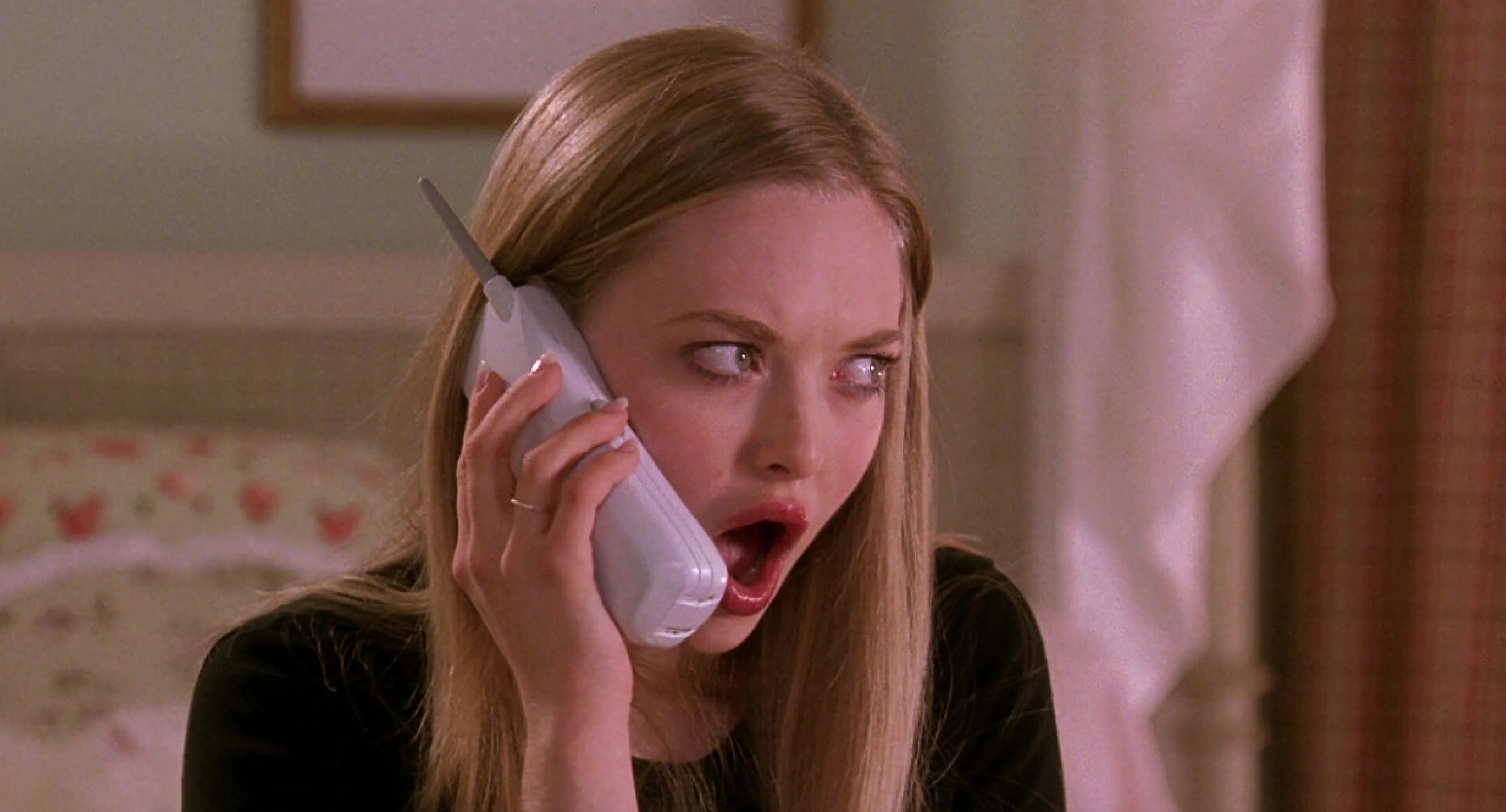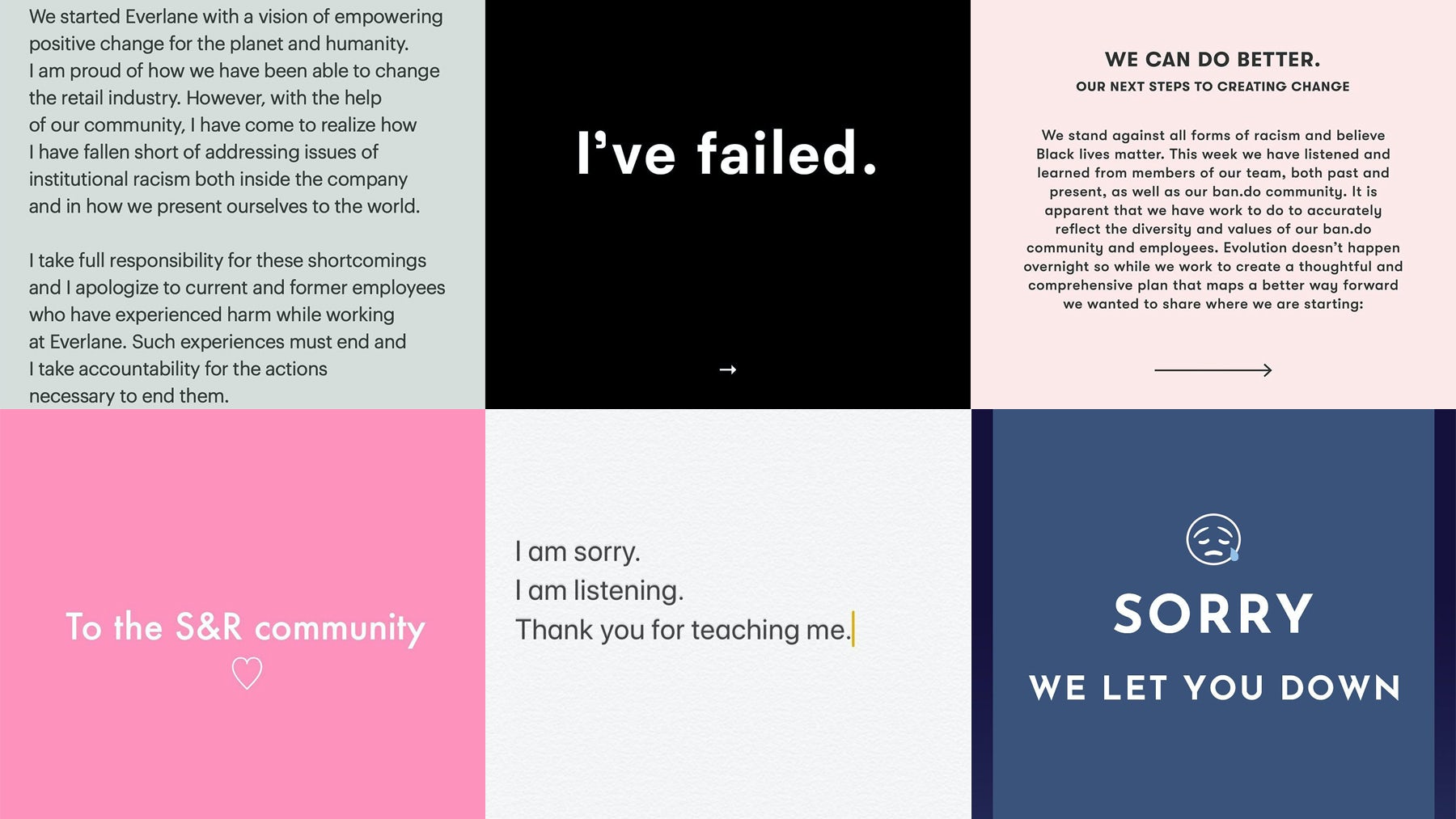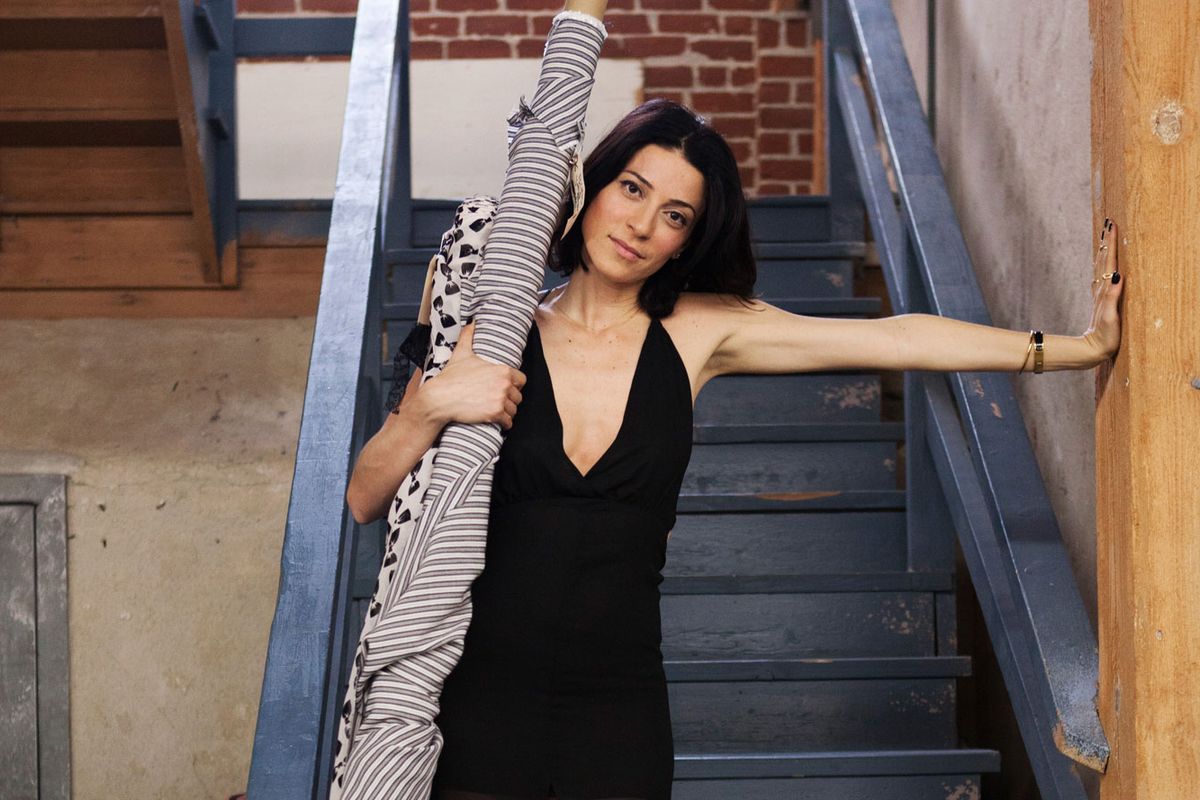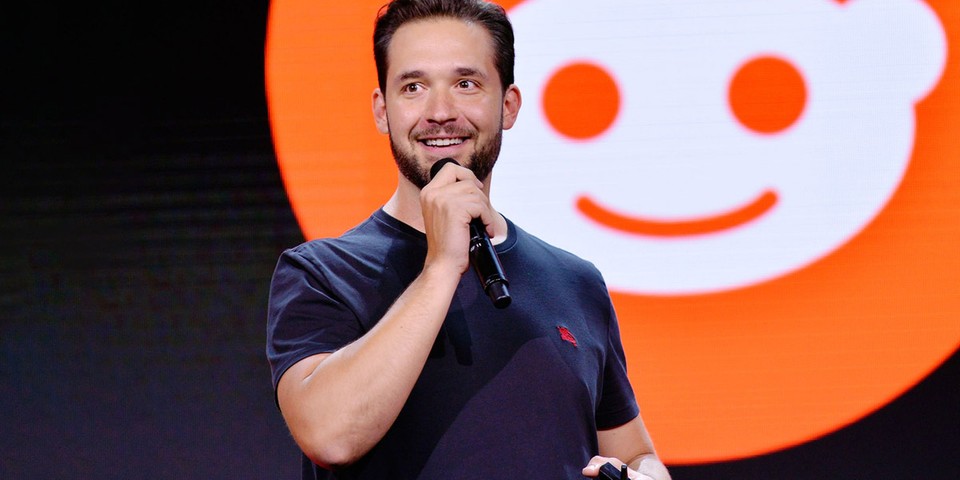Internet Rage Is The New Epidemic
Everybody's getting cancelled

Internet Rage Is The New Epidemic
5 min read
Consumer insights
Words by Emily Wordsworth
It’s pretty evident that technology has made our lives more efficient in every way imaginable. But wrapped up in all the convenience, constant connectivity and digital ingenuity is an unusual byproduct, one that no one could have predicted: the secret pleasure of being outraged online.
It’s akin to the plot of Ghostbuster 2, where angry pink slime amasses under New York city and exponentially grows when some form of fury is projected out into the world. We feed off of the collective outrage. Our ability to see bad things happening is at an all-time high, we can thank mobile phones and social networks for that.
Watching injustices be exposed online isn’t inherently fun at its core, but tutting from your high horse and the ability to denounce others seems to elicit joy. Vocalising disapproval online is no longer just shouting into the void. A hashtag can carry weight if it amasses thousands of retweets, it almost always ensures karma is delivered through internet ‘justice’ or real-world consequences, who can forget the now infamous downfall of Justine Sacco who found herself at the centre of a digital lynch mob in 2014. Having a ‘justice boner’ describes that very feeling when a wrong is righted, it even has its own subreddit.
The rise of Karen
In 2020, we have seen the rise of ‘Karens’, a term usually used to describe a privileged white woman being extremely entitled, demanding or downright derogatory. Karen’s are the type to scream for a manager when they don’t get their way, someone who might call the police on kids who have a lemonade stand or those who throw a tantrum when told to wear a mask in a supermarket. There are plenty of examples out there, all caught on film for the internet’s entertainment. Karen’s are easy to hate on and have become a Tik Tok pass time. The term itself doesn’t have a specific origin, but the idea of it has always been around. Back in the ’90s, it was ‘Becky’, those with the name are likely breathing a sigh of relief now.
Of course, along with the public shaming are the wheels of cancel culture in motion. Within hours of a clip going viral internet detectives will have published their names, address, employers and car model online. In earlier years, little real-world repercussions were seen, but in 2020 it seems law enforcement and companies are more willing to reprimand Karen’s who misbehave in public.
As people, I believe we are drawn to these kinds of stories because anger is just more gripping than joy. Just like you’re more likely to leave a negative review of a restaurant, than a positive one, anger has a much bigger driving force. Karen’s are the hottest commodities within cancel culture, they are easy fodder for collective hate as they almost always lack any self-awareness. While cancel culture isn’t new, nowadays it feels like it’s happening more frequently and on a far bigger scale, likely because the implications are becoming more real.
It’s not just people either. At the height of the Black Lives Matter Movement, brands were posting messages of solidarity. Still, many felt they were hollow or inauthentic, and that’s when those fear were confirmed. During this time, brands had targets on their backs when they faced racist allegations or a lack of diversity within the company. Netizens weren’t just going to let companies throw their hat into the ring without actually proving their worth, and many CEO’s and leaders have since resigned, whether voluntarily with the stepping down of Alexis Ohanian, or more self-sacrificing in an attempt to salvage what is left of the brand as is the case with Yael Aflalo. Fashion brand Anthropologie got hit hard when it was revealed that they were racially profiling customers and after releasing their apology, have since gone quiet.
At cancel culture’s core is this belief that you can’t grow past mistakes, which is why the internet is asking itself, should we cancel cancel culture? But when it comes to brands, they seem to have more immunity in the face of criticism.
Not All Cancelling Is Created Equal
The most prominent case that comes to mind is Pepsi’s Kendall Jenner ad, which trivialised the Black Lives Matter movement. The brand was quickly ridiculed, even after the video was removed online after having only aired a few hours prior. You’ll still find “where’s Kendall with her Pepsi when we need her?” comments on protest-related posts in 2020. Their insensitivity has set them back, and the brand’s image is still recovering. Still, a year after the controversy, their profit numbers were back to where they were before.
Dietprada, one of the internet elected watchdogs of the fashion world, is infamous for calling out copy-cat brands, unethical practices, and generally holding fashion brands accountable when found to be problematic. In 2018, they famously exposed D&G’s founder Stefano Gabbana’s racist comment and criticised a series of tone-deaf social posts. This led to an online outcry, a large scale fashion show in Shanghai being cancelled, followed by a massive boycott.

How and when brands should say sorry - a recent article by Business of Fashion discusses the overused brand apology popular on Instagram and other social media channels.
Fast forward to 2020, the brand is no worse for wear. As the outrage fizzled out, the brand strategically spent money on advertising, continued to dress celebrities and rubbed shoulders with editors. The scandal is mostly forgotten, and the villain, Stefano Gabbana can be found front and centre on promotional posts once more.
Online outrage is oversaturated and on a trigger hair. Drama comes and goes, regardless, now more than ever, brands need to be aware of the risk of being cancelled. The only way to stay on top of it is to audit and forecast. It’s not a glamorous job, but it is crucial. Crisis planning can expose weak spots and should be a staple in today’s landscape. By looking at the wider web, your brand can see where your reputation stands and how the socio-political climate might shift. All communications will sit on a tightrope, with consumers wanting your brand to stand for something whilst never being too political.
If your brand does happen to miss the mark, its authenticity that counts. Accepting responsibility and showing consumers you as a brand will better itself. A fall from grace doesn’t have to be graceful, but it does have to be genuine and detail an action plan for change.
It also involves cutting through the noise. With internet outrage, anyone will jump on the bandwagon, so they may not be and may never be a customer. It’s good to question whether the mob has affected your loss of sales or made your market value fall? Because a brand’s reaction should build a bridge for customers, not those who are seeking their fill of internet outrage for the day.
For now and the foreseeable future, cancel culture and the joys of internet shaming will be an essential tool for justice as well as a joy ride for the internet. No person or brand is safe, and if the past has taught us anything, the mob will be merciless. Until they move onto the next hot topic.



